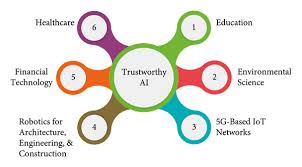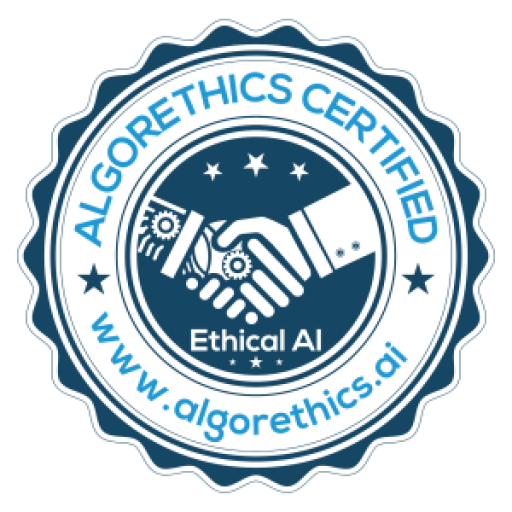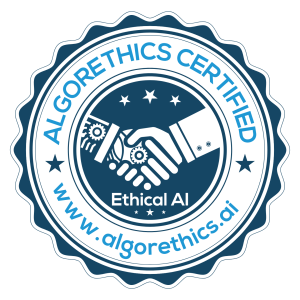As artificial intelligence (AI) continues to shape nearly every aspect of our daily lives—from healthcare and finance to education and law enforcement—the demand for clear ethical guidelines and responsible innovation has never been more pressing. One notable initiative addressing this need is the Rome Call for AI Ethics, a pioneering declaration that emphasizes the role of human-centered values in the development and deployment of AI technologies.
What is the Rome Call for AI Ethics?
The Rome Call for AI Ethics is a global appeal launched in February 2020 by the Pontifical Academy for Life in collaboration with key stakeholders, including Microsoft, IBM, and the United Nations Food and Agriculture Organization (FAO). This initiative outlines a shared vision for ethical principles in AI, calling for technology that respects human dignity, promotes the common good, and protects fundamental rights.
The Rome Call is not just a philosophical statement; it is a framework intended to guide AI governance across governments, private sector entities, and research institutions. Its principles have been endorsed by religious leaders, tech executives, and policymakers from around the world, making it a unique and inclusive approach to global AI ethics.
The Ethical Principles in AI According to the Rome Call
The Rome Call defines six core principles that should guide the development and use of AI:
- Transparency – AI systems should be understandable and traceable. Users must be aware of how decisions are made and the data being used.
- Inclusion – AI should be designed to serve all human beings, without discrimination or bias.
- Responsibility – Developers and organizations must be accountable for the impacts of AI systems.
- Impartiality – AI must be designed to avoid unfair bias and promote fairness.
- Reliability – Systems must be safe, secure, and consistently deliver the intended results.
- Security and Privacy – AI must protect users’ data and maintain strict confidentiality.
These principles are not just aspirational—they serve as actionable guidelines for ethical AI design and deployment.
Rome Call and AI Governance
Effective AI governance is crucial to ensuring these principles are upheld. The Rome Call encourages governments and organizations to create policies that align with these ethical values, promote cross-border collaboration, and ensure accountability mechanisms are in place.
Moreover, the Rome Call emphasizes the importance of public-private partnerships and interdisciplinary dialogue. By bringing together voices from ethics, theology, law, technology, and civil society, the Call offers a holistic vision for AI governance that balances innovation with societal values.
Why the Rome Call Matters Now
As AI becomes more powerful and autonomous, the risks associated with unregulated development also increase—ranging from algorithmic discrimination to the erosion of privacy and democratic norms. The Rome Call provides a moral compass, guiding stakeholders toward the responsible stewardship of AI.
In an era of rapid technological transformation, the Rome Call for AI Ethics is not just a document—it’s a call to action. It challenges us to think deeply about what kind of future we want and how technology can serve humanity, rather than dominate it.
Conclusion
The Rome Call offers a timely and necessary blueprint for building trustworthy technology grounded in human values. By advocating for ethical principles in AI and fostering meaningful AI governance, it invites a global conversation on how to shape a future where technology enhances, rather than compromises, our shared humanity.







